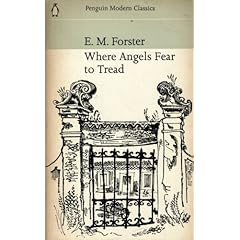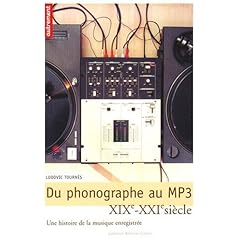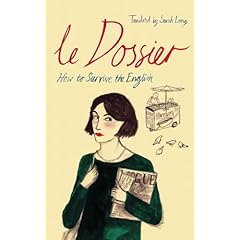
--The blurb--
"When attractive, impulsive English widow Lilia takes a holiday in Italy, she causes a scandal by marrying Gino, a dashing and highly unsuitable Italian twelve years her junior. Her prim, snobbish in-laws make no attempts to hide their disapproval, and when Lilia’s decision eventually brings disaster, her English relatives embark on an expedition to face the uncouth foreigner. But when they are confronted by the beauty of Italy and the charm and vitality of the disreputable Gino, they are forced to examine their own narrow lives, and their reactions are emotional, violent and unexpected."
blurb from www.amazon.co.uk
--The review--
Having only read A Room With A View before now, and even that still some years ago, I still feel like something of a Forster 'virgin': he seems a complex author, combining moral and didactic purposes with skilfully-crafted prose, and all without coming across as preachy or patronising. Where Angels Fear To Tread is not very optimistic in its subject matter, but still generally accessible, although the Italian language is used throughout the book without being translated. The author's interest in Italy and the country's language is apparent throughout, though simultaneously serves to satirise those who go abroad and religiously follow guidebooks. The plot is well-rounded, and its overall outcome connects well to the title and overriding theme.
I did have one problem, however, and that was with the characterisation. I found none of the characters especially believable; they were stiff, one-dimensional and occasionally irritating. Even if this was an intentional literary device, utilised in order to emphasise the satirical and moral aspects of the novel, I personally found it offputting: I like to be able to engage with a novel's characters one way or the other, and Forster's characters, when they were irritating, were not irritating in a good way. While the dialogic style is perhaps reflective of the English aristocracy at this time, it is easier to bear in modern times when the characters are fleshed out more successfully, allowing readers to identify with characters despite the datedness of the dialogue.
As previously mentioned, the plot was strong, and the small core of characters kept the storyline intense, even though more detail could have been useful in some of them (it was at times difficult to penetrate and explore some very major characters' personalities, such as Harriet), as Forster's overall style is very distant and attempts at extreme emotion, such as anger, just come across as parodic and silly. Again, whether or not this is intentional could influence one's reading of the characterisation and general style as a whole.
Yet despite these challenges in interpreting the characterisation, I enjoyed Where Angels Fear To Tread. Certainly plot-wise it is subtle and simultaneously accessible, but still has a clear point to make, realised completely in the suddenness of the near-ending. And yet the story continues beyond the novel's main resolution, allowing the reader's shock to be tempered with further food for thought, although the convincingness of the novel's romantic aspects would have been further improved by better characterisation. Beyond characterisation problems, Forster blends his literary and satiric aims and talents successfully, encouraging further reading of his core of classic novels.
Other works by E. M. Forster
The Longest Journey (1907)
A Room With A View (1908)
Howard's End (1910)
A Passage To India (1924)
Maurice (finished 1914; published posthumously in 1971)







